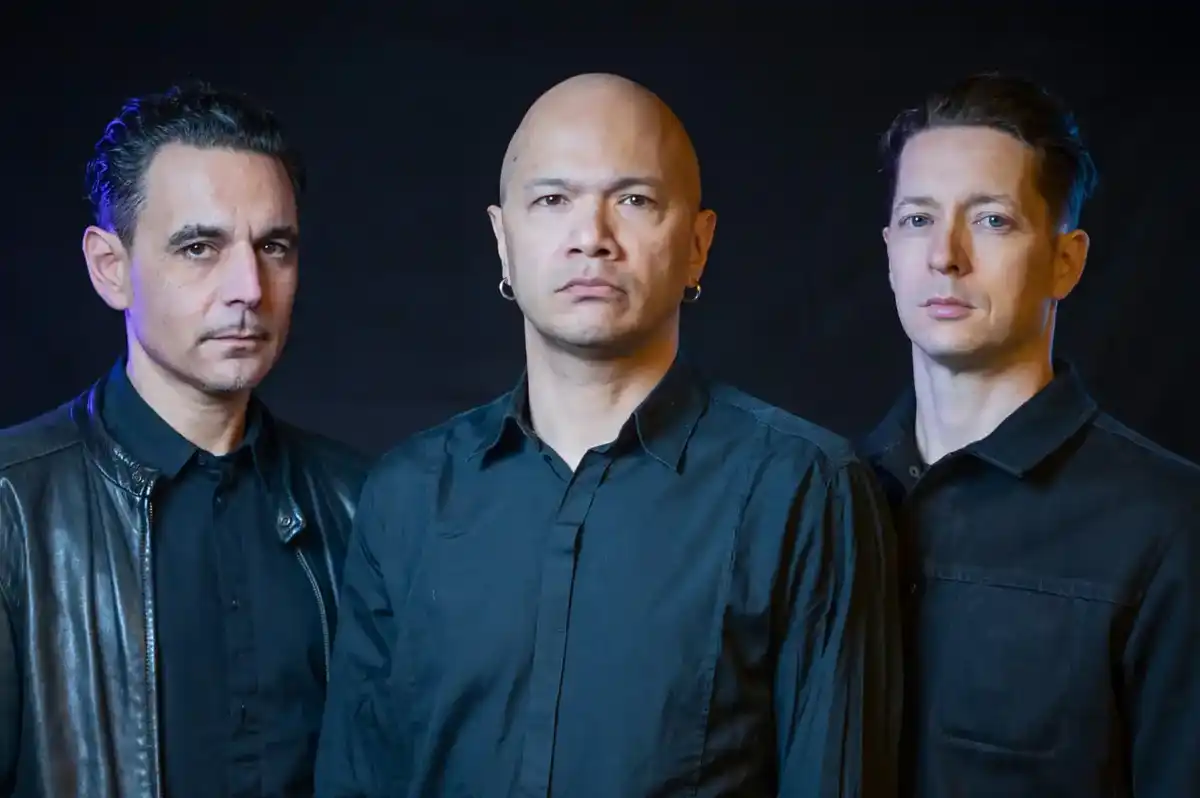Artists Express Concern About Future of Bandcamp After Sale and Layoffs
After Songtradr purchased the music platform from Epic Games this month and laid off half of its staff in the process, some artists have removed their music in response.

DJ at work
Following an acquisition by Songtradr and a round of layoffs, musicians in Canada and the U.S. are worried about the future of much-loved music platform Bandcamp. Some have even removed their music in response.
Founded in 2007, the platform has paid out over a billion dollars to artists, who can use it to sell music and merchandise directly to fans. Through initiatives such as the popular Bandcamp Fridays — select dates when the site waves its commission on purchases — as well as a direct-sales model that puts money in the pockets of smaller artists, Bandcamp has built up a positive public image over the years.
But news of an acquisition and staff cuts has cast doubt on this reputation for many artists. In 2022, video game company Epic purchased the previously independent site. Now, Epic has sold Bandcamp to Songtradr, a business to business company that specializes in music licensing. Following the sale announcement, Bandcamp laid off roughly half of its staff, including half of the editorial staff at the music publication Bandcamp Daily.
In response to the layoffs, Toronto-based producer DJ Hesk decided on Oct. 17 to take all his music off Bandcamp.
“As someone who supports workers' rights and fair compensation, I was deeply disheartened when Songtradr laid off approximately 50% of Bandcamp's staff,” Hesk tells Billboard Canada. “It's possible that my music's reach may suffer as a result, but I believe it was the right decision to make.”
Hesk began using Bandcamp in 2013, and says the site has been significant to his career development. “It offered a unique space where I could share my music without restrictions on upload quality, the number of uploads, or downloads,” Hesk explains. “Additionally, it provided me with a straightforward means to connect with my audience and nurture a devoted following.”
Seattle-based producer Sepha has also removed music from Bandcamp, while metal band A Constant Knowledge of Death will be boycotting until the next Bandcamp Friday in solidarity with laid off workers, amongst them the entire bargaining team for the site’s union, Bandcamp United.
A platform for discovery
Artists are also concerned that new ownership may lead to reductions in royalties and a shift away from supporting and celebrating independent artists.
A Songtradr representative tells Billboard Canada not to expect any major changes to Bandcamp's music distribution and sales platform. Asked about possible changes to artist services, royalty structures, editorial or other elements of the platform, the representative says “all the Bandcamp services you mentioned that fans and artists love will remain the same.”
For independent artists, these services are more affordable than many other methods of music distribution. “Bandcamp offers one of, if not the, most accessible platforms for independent artists to host music streaming,” says Piper Curtis of Montreal-based bands Knitting and Sunforger. “I simply cannot justify paying the fees associated with streaming giants like Spotify to host music I made five, ten years ago.”
Aside from the low costs, Bandcamp is also a significant resource for musicians and fans alike looking to encounter new sounds. “Bandcamp is a wonderful place to share and discover music,” adds Curtis, “with features like artist recommendations, location tags, and infinite genre options. Bandcamp’s editorial features are incredibly valuable for spotlighting up and coming and underground artists.”
But to musicians like Curtis, the layoffs have increased worry that Songtradr may not protect what Bandcamp users find valuable about the platform. “I worry for the future of this site and what that will mean for independent artists and labels,” Curtis says.
Many musicians online have echoed Curtis’ sentiments, including L'Rain and Mel Stone, who express solidarity with laid off staff and worry about a possible loss of revenue for artists:
Commitments to continuity
Songtradr has affirmed a focus on maintaining Bandcamp's current operations. CEO Paul Wiltshire says his interest in Bandcamp comes from a desire to link Bandcamp’s services with Songtradr’s focus on music licensing.
“We look at Bandcamp and it’s the largest independent music community in the world,” Wiltshire told Billboard in an interview. “Bandcamp legitimately has that core independent artist market. We looked at the business model, and we love the business as it is; there’s no plans to change the existing model. What we wanted to do was connect licensing to the Bandcamp offering.”
Announcing the layoffs on Oct. 16, Songtradr cited rising operating costs at Bandcamp. “After a comprehensive evaluation, including the importance of roles for smooth business operations and pre existing functions at Songtradr, 50% of Bandcamp employees have accepted offers to join Songtradr,” the statement read. “Those who didn’t receive offers will receive severance from Epic as part of their layoffs as communicated on September 28th.”
A previous statement on Oct. 5 had indicated the likelihood of staffing cuts, as well as a commitment to keep Bandcamp services including “Bandcamp Fridays, Bandcamp Daily and its artist-first revenue share.”
Musician Chris Walla, formerly of Death Cab for Cutie, expressed skepticism on X about these commitments. “Note the 'artist-first revenue share' in songtradr's oct 5 statement,” Walla wrote. “If they 'plan to keep' that the same way they 'kept' bandcamp daily after laying off the editorial staff, expect artist shares of sales to drop significantly.”
DJ Hesk describes feeling hopeful about Bandcamp’s future just a year ago, when he received an invitation to a private event for artists and labels in Toronto. Hesk appreciated the recognition of his contributions to Bandcamp as an artist. “Despite the fact that Epic had already acquired the company at that point, I felt optimistic about the platform's direction.” This optimism has vanished following the latest sale of the company.
“Although Bandcamp was important to me, I find it challenging to endorse Songtradr's recent decisions,” Hesk says.

















